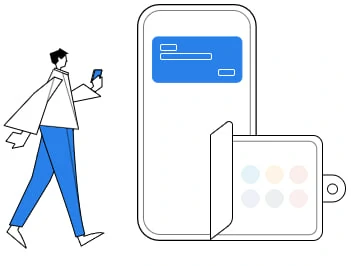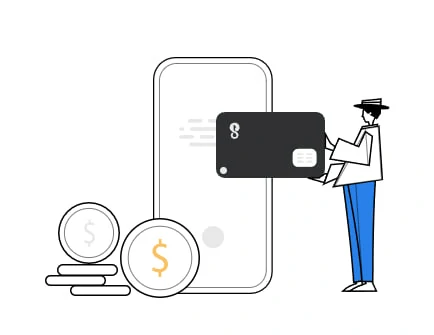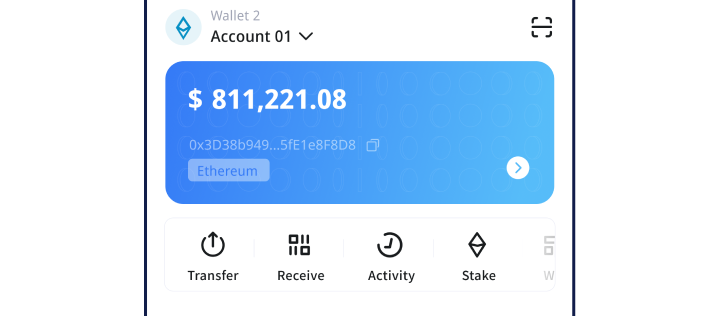# How to Add Custom Tokens to Trust Wallet
Trust Wallet, a popular mobile cryptocurrency wallet, allows users to securely store, manage, and trade a wide variety of cryptocurrencies. One of its key features is the ability to add custom tokens, which enables users to manage assets that may not be listed on the platform by default. This article will provide a comprehensive guide on how to add custom tokens to Trust Wallet, along with in-depth analyses of the underlying concepts, benefits, and challenges associated with custom tokens.
## Understanding Trust Wallet and its Features
Trust Wallet is a decentralized, non-custodial wallet designed to provide users with full control over their cryptocurrencies. Its user-friendly interface supports various cryptocurrencies, including Bitcoin, Ethereum, and a plethora of ERC-20, BEP-2, and BEP-20 tokens. Being a mobile application, it can be easily accessed on both Android and iOS devices.
### Key Features of Trust Wallet
1. **Secure Private Keys**: Trust Wallet generates private keys locally on the user’s device and does not store them on any centralized server. This enhances security and privacy.
2. **Multi-Currency Support**: Users can manage a variety of cryptocurrencies and tokens from a single wallet, making it convenient for traders and holders.
3. **Decentralized Exchanges (DEX)**: Trust Wallet integrates DEX functionality, allowing users to swap tokens without leaving the app.
4. **User-Centric Design**: The wallet is designed for ease of use, making it accessible for both novice and experienced users.
## What are Custom Tokens?
Custom tokens refer to any cryptocurrency that is not natively included in a wallet’s supported tokens list. These tokens can be created on various blockchain platforms using smart contracts. Custom tokens are often associated with projects that may not have significant market presence but are still tradable on decentralized exchanges.
### Types of Tokens
1. **ERC-20 Tokens**: These are tokens built on the Ethereum blockchain following a specific standard that defines how the tokens behave and interact.
2. **BEP-2 Tokens**: These tokens are built on the Binance Chain and follow its own set of subprotocols.
3. **BEP-20 Tokens**: An extension of the BEP-2 standard, BEP-20 tokens are designed to be compatible with the Binance Smart Chain (BSC).
Understanding the difference between these token standards is crucial when adding custom tokens to Trust Wallet, as it affects how tokens are managed and traded.
## Why Add Custom Tokens?
Adding custom tokens to Trust Wallet allows users to manage their entire crypto portfolio in one application, including tokens that are not yet listed on major exchanges. This is particularly useful for crypto investors who participate in Initial Coin Offerings (ICOs) or hold assets in emerging projects.
### Benefits of Adding Custom Tokens
1. **Portfolio Diversification**: By adding custom tokens, users can diversify their investment portfolio, reducing risk and increasing potential returns.
2. **Access to Emerging Projects**: Users can interact with promising projects that have opted to launch their tokens with little to no visibility, often leading to beneficial early investments.
3. **Enhanced Trading Options**: Being able to store and manage custom tokens on Trust Wallet means that users can take advantage of trading opportunities across different decentralized exchanges.
## How to Add Custom Tokens to Trust Wallet
Adding custom tokens to Trust Wallet is a straightforward process. Below is a detailed step-by-step guide:
### Step 1: Open Trust Wallet

Launch the Trust Wallet application on your mobile device. Ensure that you are using the latest version of the app for optimal performance and security.
### Step 2: Navigate to the “Tokens” Section
On the main dashboard, tap on the “Tokens” tab. This is where you can view all the tokens currently supported by Trust Wallet.
### Step 3: Tap on the “+” Icon
At the top right corner, you will see a “+” icon. Tap on this icon to add a new token.
### Step 4: Select the Blockchain
You need to choose the blockchain from which the custom token is derived—be it Ethereum (ERC-20), Binance Chain (BEP-2), or Binance Smart Chain (BEP-20).
### Step 5: Enter Token Details
You will need to fill in the following information about the custom token:
1. **Token Contract Address**: This is the unique address that identifies the token on its respective blockchain. You can find it on the project’s official website or token tracking platforms like Etherscan for Ethereum tokens.
2. **Token Name**: The name of the token as it appears in your wallet.
3. **Symbol**: The shorthand symbol used to trade or identify the token (e.g., ETH for Ethereum).

4. **Decimals**: This refers to the fractions of the token units. Most tokens will have a defined number of decimals set by the developers.
Once you’ve entered all the necessary information, tap “Done” or “Save.”
### Step 6: Verify and Manage Your Custom Token
After adding the custom token, it will now appear in your wallet. You can manage this token like any other within Trust Wallet, including sending, receiving, and trading it.
## Challenges and Considerations When Adding Custom Tokens
While adding custom tokens offers numerous benefits, there are challenges and risks that users should be aware of.
### Risk of Scams
The DeFi and blockchain ecosystem is rife with scams and fraudulent projects. Users should thoroughly research the token and project before adding them to their wallets.
### Token Compatibility
Not all tokens are compatible with every wallet type. Ensuring that Trust Wallet supports the specific standard (ERC-20, BEP-2, BEP-20) is essential.
### Potential for Price Volatility
Custom tokens, especially those tied to new projects, may experience significant price fluctuations. Investors should be vigilant and prepared for market volatility.
## Best Practices for Managing Custom Tokens
To make the most out of custom tokens in Trust Wallet, users can follow these best practices:
### Conduct Thorough Research
Before investing in a custom token, carry out due diligence on the project’s background, team, community, and roadmap. Utilize platforms like Reddit, Telegram, and Twitter to gauge community sentiment.
### Monitor Token Performance
Regularly monitor the performance of your tokens to make informed trading or holding decisions. Use tools like charting platforms and price trackers to keep updated on market movements.
### Secure Your Wallet
Since Trust Wallet is a non-custodial wallet, ensure that you back up your recovery phrase securely. Additionally, consider enabling biometric security options for added protection.
## Conclusion
Adding custom tokens to Trust Wallet empowers users to manage a broader scope of digital assets seamlessly. By understanding the intricacies involved, including the types of tokens, the process of adding them, and the management strategies, users can navigate the evolving landscape of cryptocurrency with confidence. As the crypto ecosystem continues to grow, Trust Wallet remains a pivotal tool for both new and experienced investors, providing a secure and user-friendly environment that caters to diverse needs.
With the increasing demand for customized wallet functionalities, it’s evident that the future of cryptocurrency management lies in user-controlled ecosystems that cater to individual preferences and investment strategies. By embracing the features offered by Trust Wallet, users can position themselves strategically within an ever-expanding digital asset marketplace.






